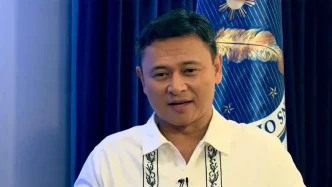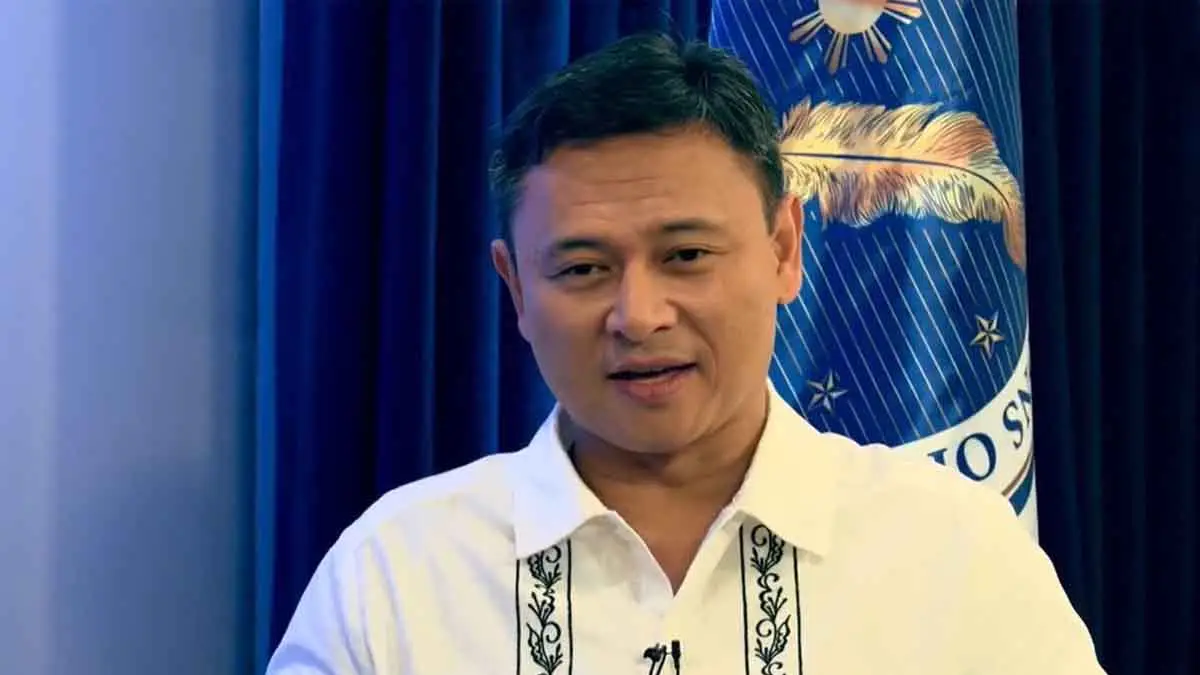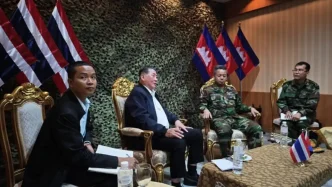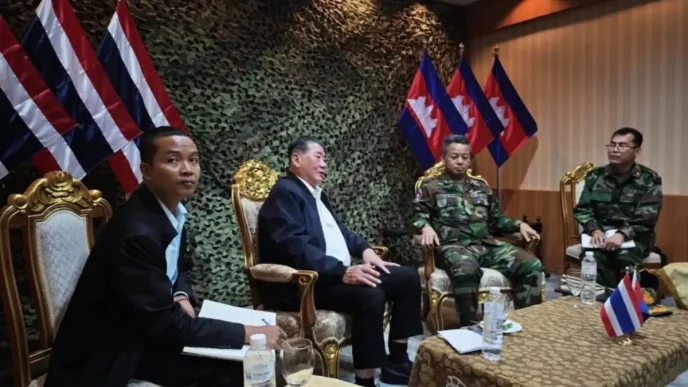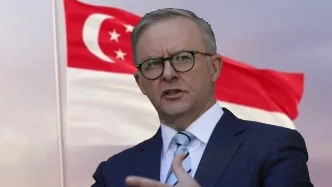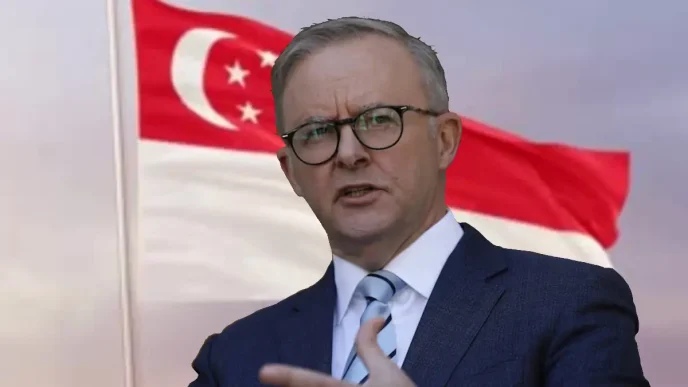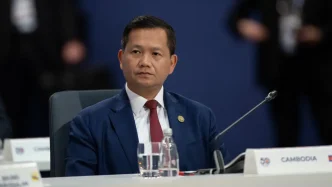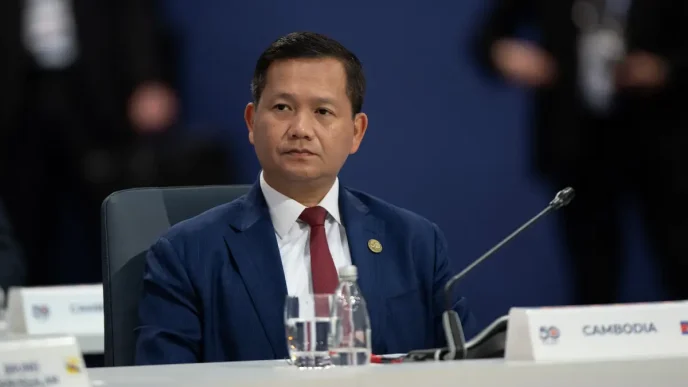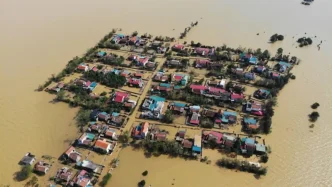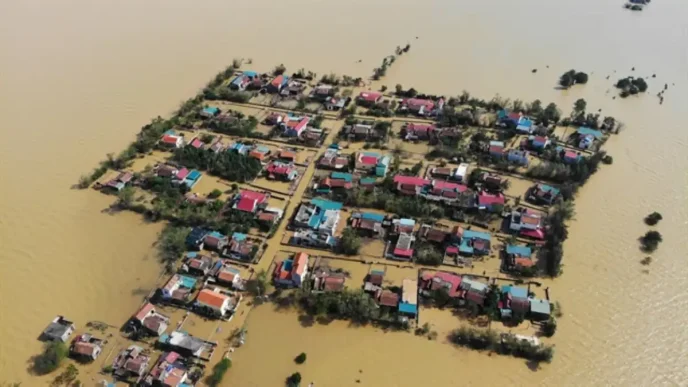In a significant step toward addressing disparities in the education sector, the Philippines’ Department of Education (DepEd) has announced an increase in the annual Teachers’ Salary Subsidy (TSS) for eligible private school teachers, raising it from 18,000 Philippine Pesos (~US$310) to 24,000 Philippine Pesos (~US$414) starting in the 2025-2026 school year. The move, approved by the State Assistance Council, reflects a broader push by President Ferdinand Marcos Jr.’s administration to promote equity and quality in education across both public and private institutions.
A Step Toward Closing the Compensation Gap
The decision to enhance the TSS, a key component of the Government Assistance to Students and Teachers in Private Education (Gastpe) program, comes as part of a long-standing effort to support private school educators who often earn significantly less than their counterparts in public schools. Established under Republic Act No. 8545, the Expanded Government Assistance to Students and Teachers in Private Education Act, the Gastpe program aims to bolster private education while ensuring that teachers and students in these institutions receive adequate government support.
During a ceremonial signing event in Makati City on Thursday, DepEd Secretary Sonny Angara highlighted the critical role private school teachers play in shaping the nation’s future. “There is still a significant gap in the situation of our private school teachers compared to those in public schools. But today, we are taking a decisive step to narrow that gap and uplift the private education system alongside the public” Angara stated in a news release on Sunday. His remarks underscore a growing recognition of the need to address systemic inequities that have long disadvantaged educators in private institutions.
Presidential Directive Fuels Policy Change
The subsidy increase aligns with a directive from President Marcos, who, during his fourth State of the Nation Address, emphasized the importance of equitable access to quality education. Marcos has repeatedly positioned education as a cornerstone of his administration’s agenda, advocating for reforms that ensure no teacher or student is left behind, regardless of whether they are part of the public or private system. This policy shift is seen as a direct response to his call for action, aiming to create a more balanced educational landscape where compensation disparities are minimized.
The timing of the announcement also coincides with the start of the new school year, as classrooms across the country, including in Manila, welcomed students on June 16, 2025. Images of teachers guiding eager young learners through their first lessons of the year serve as a poignant reminder of the vital role educators play in national development—a role that the government now seeks to better reward through financial support.
Broader Implications for the Education Sector
The increase in the TSS is expected to impact thousands of private school teachers nationwide, providing them with much-needed financial relief amid rising living costs. While public school teachers in the Philippines benefit from standardized salaries and additional government benefits, private school educators often rely on lower wages set by individual institutions, supplemented by subsidies like the TSS. This disparity has historically led to challenges in attracting and retaining qualified teachers in the private sector, which educates a significant portion of the country’s student population.
Education analysts view the subsidy hike as a positive, albeit incremental, step toward addressing these challenges. By raising the TSS to 24,000 Philippine Pesos (~US$414) per year, the government is signaling its intent to prioritize teacher welfare as a means of improving educational outcomes. However, some experts caution that the increase, while welcome, may still fall short of fully bridging the compensation gap between public and private school teachers. Additional measures, such as further subsidy adjustments or expanded benefits, might be necessary to achieve true parity.
Beyond teacher compensation, the policy also raises questions about the broader state of private education in the Philippines. Private schools, ranging from small community-based institutions to large, well-funded academies, play a crucial role in supplementing the public education system, particularly in areas where government schools are overcrowded or under-resourced. Strengthening support for these institutions through initiatives like the Gastpe program could enhance their ability to deliver quality education, ultimately benefiting students and communities alike.
Challenges and Opportunities Ahead
Implementing the subsidy increase will not be without challenges. The DepEd and the State Assistance Council will need to ensure that funds are disbursed efficiently and transparently to eligible teachers, avoiding bureaucratic delays or mismanagement that could undermine the initiative’s impact. Additionally, the government must address concerns about the sustainability of such subsidies, particularly as it balances competing budgetary priorities in areas like infrastructure, healthcare, and disaster resilience—issues that are especially pressing in a country prone to natural calamities.
Moreover, the focus on private school teachers raises questions about whether similar enhancements will be extended to other underpaid or under-supported groups within the education sector, such as non-teaching staff or educators in remote rural areas. While the TSS hike is a targeted intervention, a more comprehensive approach to education funding might be needed to address systemic issues that affect the sector as a whole.
At the same time, the policy presents opportunities for broader reform. By demonstrating a commitment to teacher welfare, the Marcos administration could build momentum for additional investments in education, such as curriculum modernization, infrastructure upgrades, and technology integration. Recent initiatives, including the provision of laptops for teachers and honoraria increases for education workers, suggest that the government is moving in this direction, though the pace and scope of these efforts remain subjects of public debate.
A Forward-Looking Perspective
The decision to raise the Teachers’ Salary Subsidy marks a pivotal moment in the Philippines’ ongoing efforts to create a more equitable education system. For private school teachers, the additional financial support represents not just a boost to their livelihoods but also a recognition of their indispensable contributions to society. As one of the country’s most critical sectors, education continues to demand innovative solutions to longstanding challenges, from compensation gaps to resource shortages.
Yet, as the government rolls out this policy, its success will depend on effective implementation and a willingness to address the broader structural issues facing both public and private education. With classrooms buzzing once again as the 2025-2026 school year begins, the question remains: will this subsidy increase be the first of many steps toward a truly inclusive and high-quality education system in the Philippines?
For now, the boost in support offers a glimmer of hope for private school teachers, whose dedication to shaping young minds is finally receiving the acknowledgment—and financial backing—it deserves. As reforms unfold, the impact on educational equity and national development will be closely watched by educators, policymakers, and citizens alike.

